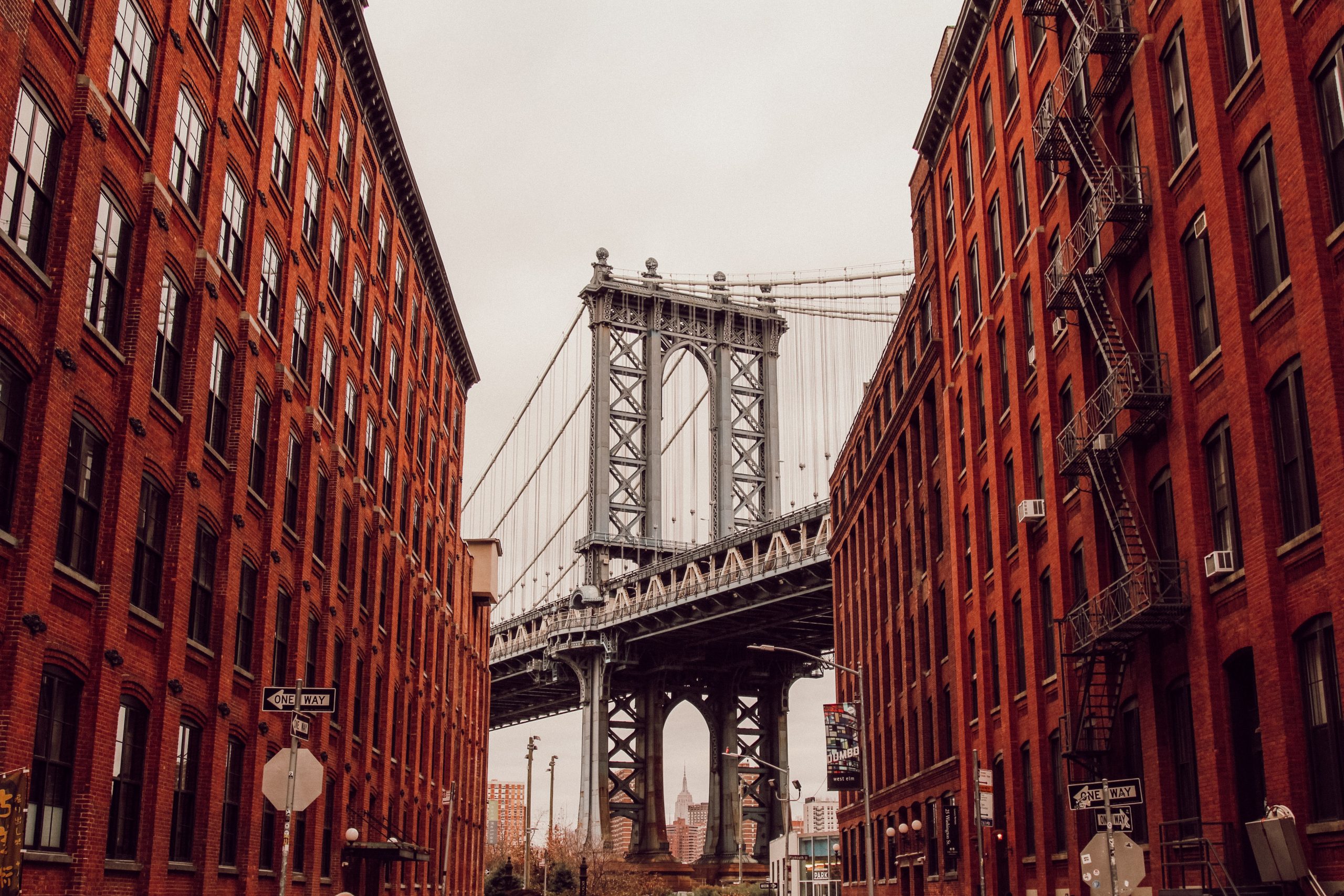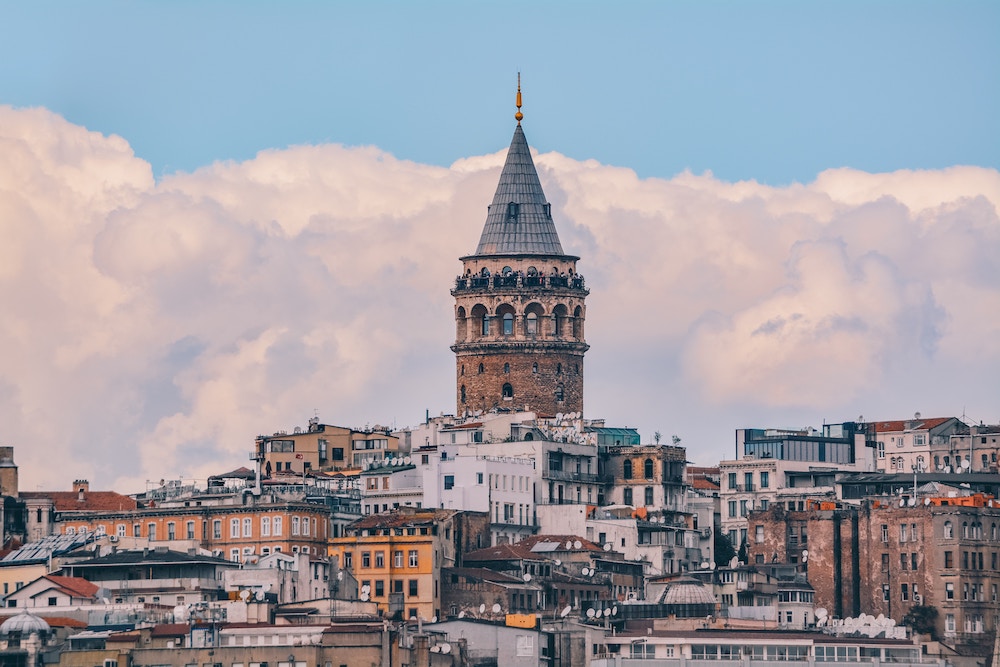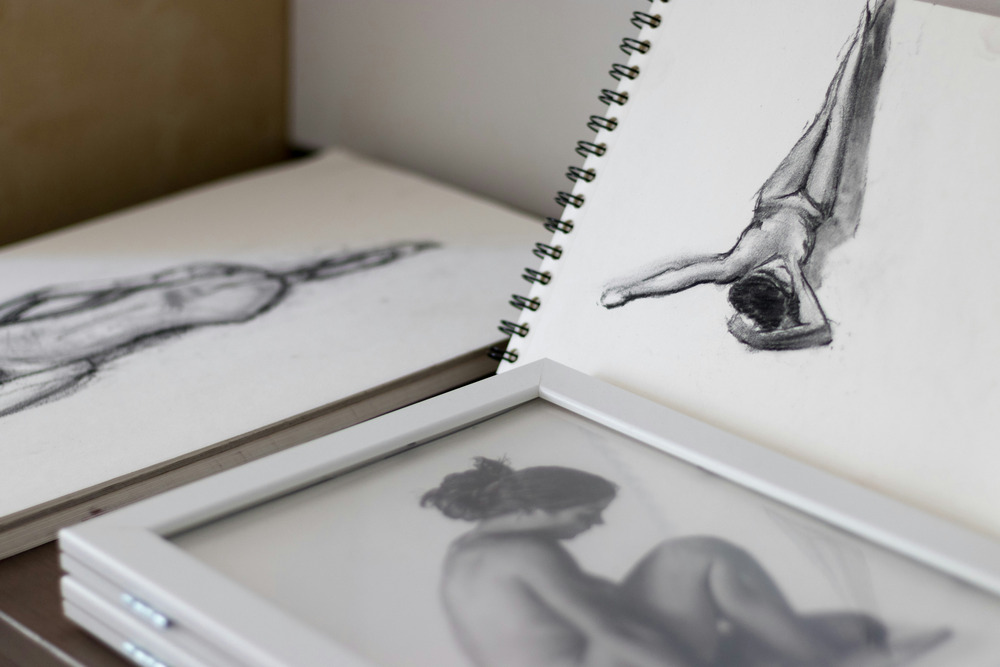Craft
Poets Can’t Write Novels, and Other Baseless Fears
If your book doesn't fit into the genre box, create something new and beautifully monstrous

I wake early each morning, before the kids, to write and see the real city—my private Brooklyn curving in on itself, the prose poem of citywide snow removal and garbage pick-ups, geese migrating over Kings County rooftops in V-formation. The humor, the horror, the wonder. How to chronicle it all? I don’t feel like it’s actual writing unless I burn out my computer, smoke puffing from its mechanical gills, in the same liminal state of system overdrive I find myself in daily. So I sit behind my smoking MacBook Air, a woman with a story to tell.
I touch my phone to life to find endless emails, updates from the virtual life I’m trying to run parallel to my own, one in which I’m just generally sparklier. Two emails I sent myself at 3:17 AM when I couldn’t sleep: one says, “Finish the novel!” and the other simply says, “Sandwich.” No idea what that’s about. Then the third email this week from someone’s daughter’s friend’s dental hygienist’s father-in-law asking whether I can read their three thousand-page novel by tomorrow and ensure immediate publication along with a place on The New York Times Fiction Best Seller List. I wonder if he knows I must set an alarm each day to find time to shower, or that my books are poetic, published by small presses, and largely employed as bar napkins.
I initially stumbled into poetry as a dyslexic child who struggled with the rules of language. For once, I didn’t have to worry about my grammar and syntax being “correct.” Instead, poetry opened a literary geography of sentence fragments and dangling participles. My early linguistic challenges and consequent turn to poetry caused me to focus on innovation, and I developed an instinct to play fast and loose with the trappings of various genres, inventing new ones or, in the case of my poet’s novel years later, coming at one genre with the tools of another.
When I started working on my forthcoming novel, Filthy Creation, it was the first time I was really trying to adhere on any level to the genre known as fiction. Although I’d technically written one work of fiction before, it was really more of a poetic set of monologues. But in thinking about what it was for me to write poetry, and what it was for me to write fiction, I had to figure out what those two things were—and then what happened when I tried to do one with the gadgets of the other.
This writing journey has prompted me to ask certain questions, such as: what are the particular qualities, formal innovations, and associative leaps that a poet brings to prose? What separates, distinguishes, or defines the poet’s novel (outside of its being written by a writer who is known as a poet)—and should it even be pushed into the rigid categories inherent in any act of definition? As I worked on my novel, I couldn’t seem to make my language work in the exact way novelists typically write. Even as I learned new techniques of pacing and plotting, there stuck to my words something of the land of poetry.
Instead of the snappy odes to Freytag’s Pyramid my then-agent recommended I adopt in order to sell Filthy Creation, I started reading writers who also got abducted by their own thought processes. Kate Zambreno: “The publishing people told me that I was writing a novel, but I was unsure. What I didn’t tell them is that what I longed to write was a small book of wanderings, animals.”
The agent asked me to take out all of the poetic bits in my novel.
The agent asked me to take out all of the poetic bits in my novel. Trouble is, I always lapse into poetry despite my attempts at perfectly sterile-smelling prose that says: you can buy my book; it won’t bite; I’m a winner. But what I really want is to write a book where I glow in a strange way that seems mystical at first, but really indicates I’m about to burst into flames. And then I do.
My agent was in the sunset of his life and one day I called him to check in on the book submission process and he didn’t remember who I was. It was a great metaphor for my literary career to date. And then, after my book obviously didn’t sell with the agent, the independent press editor who did eventually take it asked me if I could go back and put in all the poetic bits that had been cut for supposed commercial consumption. If that’s not a publishing parable, I don’t know what is.
“James Joyce Dies; Wrote ‘Ulysses’” is how The New York Times summed up Joyce’s life in his obituary headline—because it was just that big of a deal. It certainly was to me. After setting out to write Filthy Creation, I started trying to find some epic structure I worshipped to riff on: Ulysses and then also The Odyssey? A feminist rewrite? A feminist drive-by? But then wasn’t I just being insufferably pretentious, and filtering whatever I had to say through two sets of man doors, and wasn’t it time I find my own fiction language? But how on earth do that? Especially when I’m no James Joyce.
I started to imagine the arc Filthy Creation “should” have, the realizations and consequent transformations—but then no. I decided that maybe my book needed to be about how to unbuild the arc and rebuild something else entirely, about different ways of seeing. I wanted to tell my students so concerned about literary propriety: there are other narrative shapes and possibilities. You can replace that wizened pyramid with a structure that better reflects the authentic mess that is your life; it can be built entirely out of Barbie Band-Aids, dusty books, SpongeBob figurines and chicken fingers. But, unlike Joyce, I’m no maker of epics. If anything, I suffer from the very modern disease of being a Medieval miniaturist, or poet, in a world that values only literary maximalism. If it values literature at all.
It was at this point that I picked up poet Ben Lerner’s 10:04. Lerner opens his novel with his poet-protagonist walking the High Line after eating baby octopuses. In a move that previews the cerebral fireworks to come, he considers the complexity of octopus life, and as he does, he senses an extraterrestrial consciousness, a sensibility that isn’t his alone—octopus death and life, and through it, a different way of encountering human life. He tells his literary agent this and they laugh it off. The agent wants him to convert one of his New Yorker pieces into a novel. But when she asks how he’ll do it, he says: “I’ll project myself into several futures simultaneously . . . I’ll work my way from irony to sincerity in the sinking city, a would-be Whitman of the vulnerable grid.” Reading Lerner, I realized that at least part of what the supposed “poet’s novel” does is play with notions of time and space.
I wanted to tell my students so concerned about literary propriety: there are other narrative shapes and possibilities.
Like Lerner, like me, both “would-be Whitman[s],” wannabe Whitmans, Whitman himself felt moved to alter time and space via poetic forms: “possess’d at the age of thirty-one to thirty-three, with a special desire and conviction . . . a feeling or ambition to articulate and faithfully express in literary or poetic form, and uncompromisingly, my own physical, emotional, moral, intellectual, and aesthetic Personality, in the midst of, and tallying, the momentous spirit and facts of its immediate days, and of current America.” This impulse resulted in Leaves of Grass.
Even Whitman, that writer who has become synonymous with poetry, penned two novels, and pondered writing Leaves of Grass in other genres, including fiction. He fantasized in his journal about mixing forms so that the stage directions of his imagined play could appear as poetry. His musings reflect the plight of all writers: dreaming of transcending language altogether, giving readers an experience so complete it’s not of words at all, much less limited by any one genre. Admittedly, this is an impossible dream. But I suspect the best version of the poet’s novel takes a new step along the path toward expanding the concept of genre, forging a new form altogether.
The poet Russell Lowell wrote Whitman off as “a rowdy, a New York tough, a loafer, a frequenter of low places, a friend of cab drivers!”—begging the question: how is that at all an insult? Please only call me a friend of cab drivers. But this grittiness reflected Whitman’s connection to an actual city that many highfalutin writers couldn’t really access. As Henry Miller wrote, “in the street you learn what human beings really are; otherwise, or afterwards, you invent them. What is not in the open street is false, derived, that is to say, literature.”
No matter how overcrowded and malodorous, I cherish Miller’s idea of “street” knowledge— starting with my daily commute, that morning rush of being over-caffeinated and feeling my brain start to flicker. On one particular day, a parrot on a guy’s shoulder on the F train tells me to go check myself, so it’s already a very Brooklyn experience. I stand up, winding my body around the subway pole as I attempt, with shaking hands, to write five new pages of Filthy Creation in the notes section of my iPhone. Here I am on the subway to work again, emitting poetry from my pores, shooting it out of embarrassing orifices, seeking to shape that amber liquid into something legible to my fellow straphangers, i.e., prose. The trouble is, I don’t have the faintest idea how to structure my novel. But since it came from my body, I decide to give it tendons instead of grammar. I pull out Lerner’s 10:04, which I believe can help me find my way into the fiction form as a poet.
As I am of my city, that “friend of cab drivers” Whitman was also a fanboy when it came to Brooklyn. He made no secret of his love for the borough. Here’s Whitman nailing the Brooklyn writer forever mood: “I too lived, Brooklyn of ample hills was mine, / I too walk’d the streets of Manhattan island, and bathed in the waters around it, / I too felt the curious abrupt questionings stir within me, / In the day among crowds of people sometimes they came upon me.”
I know nothing of prairies, but the urban sublime is that instant when we break out of the tunnels and are briefly sun-blinded. It’s everything. Times are bleak but at least the subway pulls out of the ground long enough for a quickie epiphany.
As we break into the light at 4th Avenue and 9th, a little girl tracing the train window with her lollipop is illuminated in a flash. How the parent in me feels I should tell her not to put it back in her mouth, as it’s now soot-covered (her own father does so), but another part of me wants to say, “Take this magic wand and write in whatever genre you please on the window, then crack it, and run away; they’ll only domesticate you.” I don’t say it, but I do grin too widely at her in a manner that must look pretty frightening because she hides behind her dad until Jay Street Metrotech.
People cleverer than I have written about that literary twist where the city turns out to be the book’s main character—and they’re not wrong. New York, you’ve been everything to me, your trains and subway tracks my only way of making sense of the world. I have sometimes even caught myself imagining my own insides according to your radical structures, especially since car metaphors are lost on me. Even my use of language feels stolen from the rhythms of its twisting, often broken, subway cars flashing through darkened uncharted lands.
New York, you’ve been everything to me, your trains and subway tracks my only way of making sense of the world.
You may have to run for the G train every time (why?! citywide prank? behavioral experiment?), but the view when you rise over the Gowanus Canal and glimpse that Statue of Liberty makes it all worth it. There’s always construction. What have they been building there all this time?! Another Gowanus Canal under the current one? Is it to have a doppelgänger? A friend? And if so—how do I visit it? What else could it be? What sort of structure involves infinite becoming? (If I ever discover what they’re making, I’ll let you know. Unless it’s condominiums.)
In the midst of all this chatter—internal and of the city—I kid you not, as I pondered Lerner as a Whitman of the vulnerable grid, there he suddenly was, with his kid. That’s the thing about living in Brooklyn. I’m reading 10:04, trying to figure out if Lerner can be the poetry ghost that haunts me long enough to help me understand my way into fiction. Then, poof, there he is, sitting across from me, as if I’ve manifested him by crushing so hard on his book. A father reading to his child on the train. I picture subways zooming through our shared brain networks, and everything that goes on there as a form of writing, or thought. It’s a pretty memorable moment for me. And is it just my imagination, or does he catch sight of 10:04 in my hand, resulting in one brief, blushing instant of recognition?
As I wrote Filthy Creation, I often found my fiction making certain poetic associative leaps that ask the reader to find some of the meaning inside themselves. But I also had the sense that I could just barely fit the body of my words inside the prose door. Which is all to say that maybe calling it a “poet’s novel” is too limiting. Maybe when poets write novels, they are creating something entirely new, which reflects a monstrous coming together, as when woman and fish make a mermaid. At the very least, this creature should really have its own fun name—Noem? Povel? Novem? Suggestions welcome.









